The South Korean movie The Call has been one of the most buzziest movies on Netflix this year. This twisty time travel thriller is truly a rarity in that in manages to take a well-worn trope and breathe new life into it. The result is a movie that is innovative, and surprising, and keeps you rapt for the entirety of its runtime. (You can check out our review here if you wanted to know just how much we loved it.)
We caught up with The Call director Lee Chung-hyun over email for a conversation about his inspirations for the movie, how he crafted these two incredible lead characters, and whether or not he plans on making a sequel.
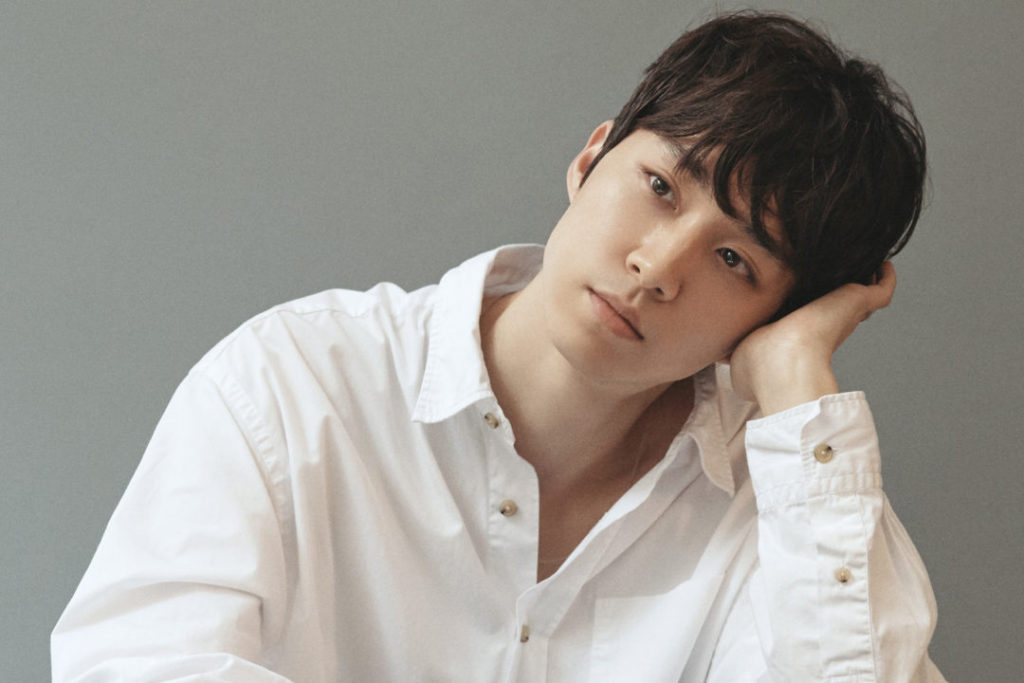
Umapagan Ampikaipakan: Talk to me about this story and why you wanted to tell it?
Lee Chung-hyun: It’s an adaptation of the original film, The Caller. Most time travel films depict main characters who are from different time periods solving a problem together. What I found most fascinating about the original film was that its premise was that the two main characters had to kill each other. It’s terrifying to think that you have someone like Oh Yeong-sook in your past. The story almost felt unpredictable as a rugby ball and I found it fascinating.
UA: What can you tell me about some of your other inspirations for the movie?
LCH: I acquired the movie rights for The Caller to create an adaptation of the original story – so, the biggest influence for The Call is the original film. I built the character of Oh Yeong-sook from Seo-yeon’s perspective, thinking about what Seo-yeon would fear the most.
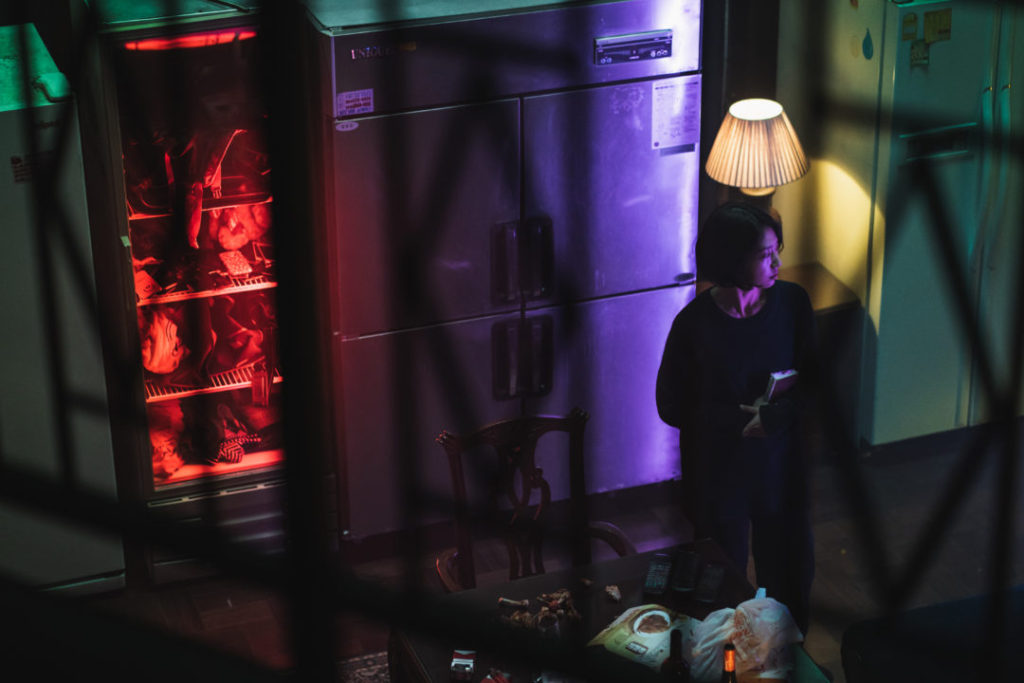
UA: One of the reasons we loved The Call so much is because you wasted no time in setting up the mechanics of your world. The characters weren’t too shocked at being able to communicate across time. Why did you decide not to dwell on the reasons and explanations on why this was happening to both these women?
LCH: You are right. I think audiences today are very familiar with the concept of time travel in films. Rather than repeating the same explanations, I decided to focus and leverage on the conflict between the two main characters and the horror and confusion that a person would feel about another person from the past.

UA: Seo-yeon and Young-sook are both victims of circumstance. Do you see them as being good and bad, or are they interchangeable? Especially since all it takes is one small shift in the past to make their worlds so different.
LCH: That’s an interesting point. The two characters are similar in a lot of aspects. You could also say that Seo-yeon was sucked into the horrible fate of Yeong-sook via a phone and they are both engulfed by a vortex of misfortune hand-in-hand.
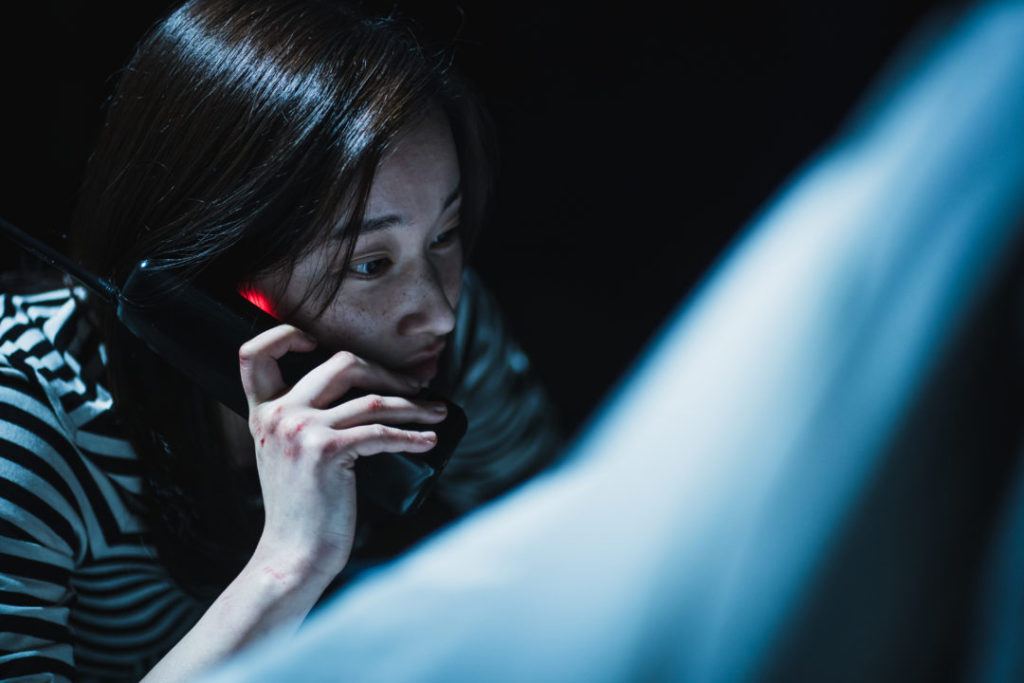
UA: The scene where Seo-yeon and her father are driving through the tunnel is one of the most powerful scenes of the film. Can you tell me about the conceptualisation of that scene?
It’s a very tragic scene. I love the performance of Park Shin-hye in that scene and the music by Dalparan. It’s a scene that captures the manic frenzy of Yeong-sook at its height and the hate that Seo-yeon starts to harbor after losing the person she treasures the most. As the terrifying and tragic scene through the tunnel unfolds, the story develops into a full-fledged battle between the two main characters.
UA: Both Park Shin-hye and Jun Jong-seo are incredible. Did you write the movie with them in mind? If not, how did you come about casting them in these parts?
LCH: I think Park Shin-hye has an amazing ability to express a wide range of emotions. In the film, Seo-yeon experiences the two extremes of the emotional spectrum. Shin-hye and I are the same age, but she has so much more experience working in the industry. I think she was the one who anchored the story of the film, and played the role of a good leader for this project.
Director Lee Chang-dong’s Burning was released while I was working on the scenario of The Call. I found Jeon Jong-seo very mysterious and captivating as an actor. Her performance felt to me like an unpredictable rugby ball. I thought that was very much in sync with the character of Yeong-sook. Bound by no rules and very raw, Jong-seo’s performance reminded me a lot of Yeong-sook.
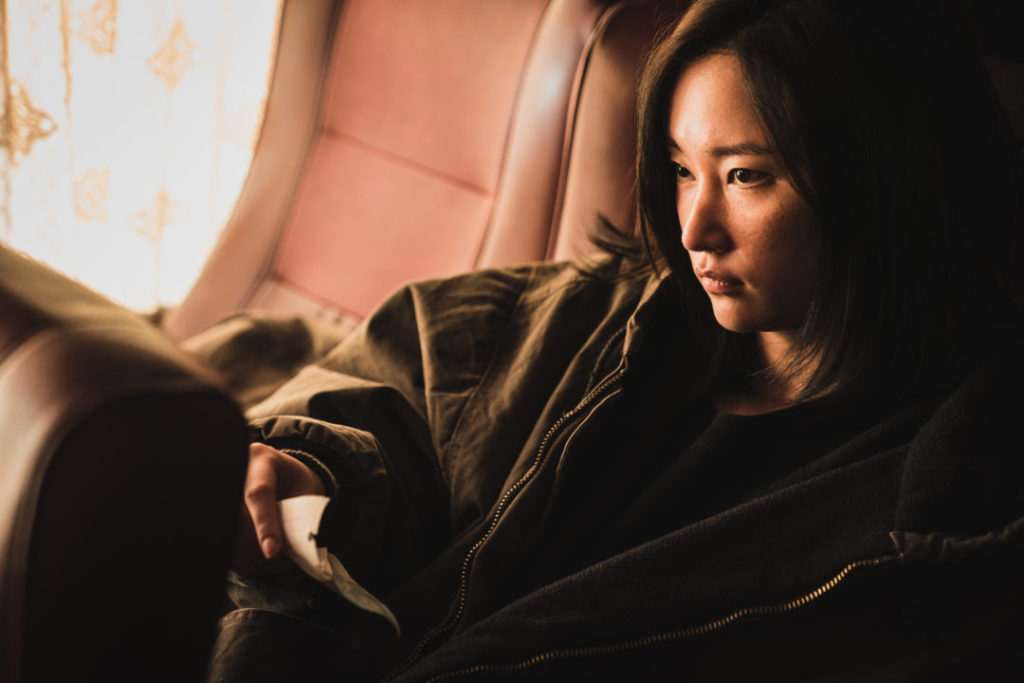
UA: When you were writing The Call, were you thinking about it as one movie, or the first in a series of movies? Have you thought about a sequel?
LCH: I have no plans for a sequel. I’m pretty sure that this will remain a standalone film.

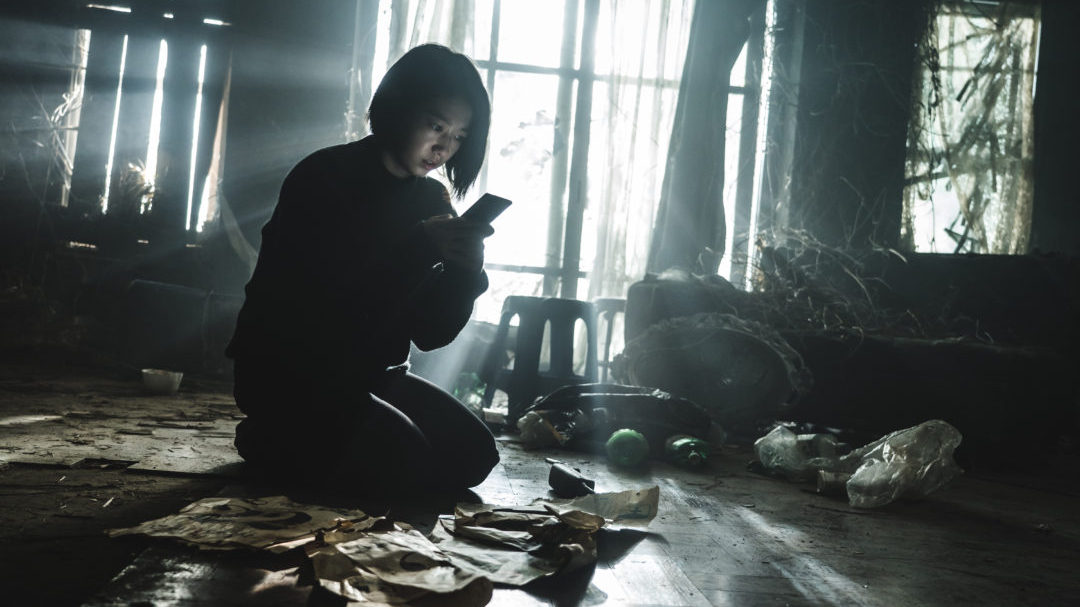
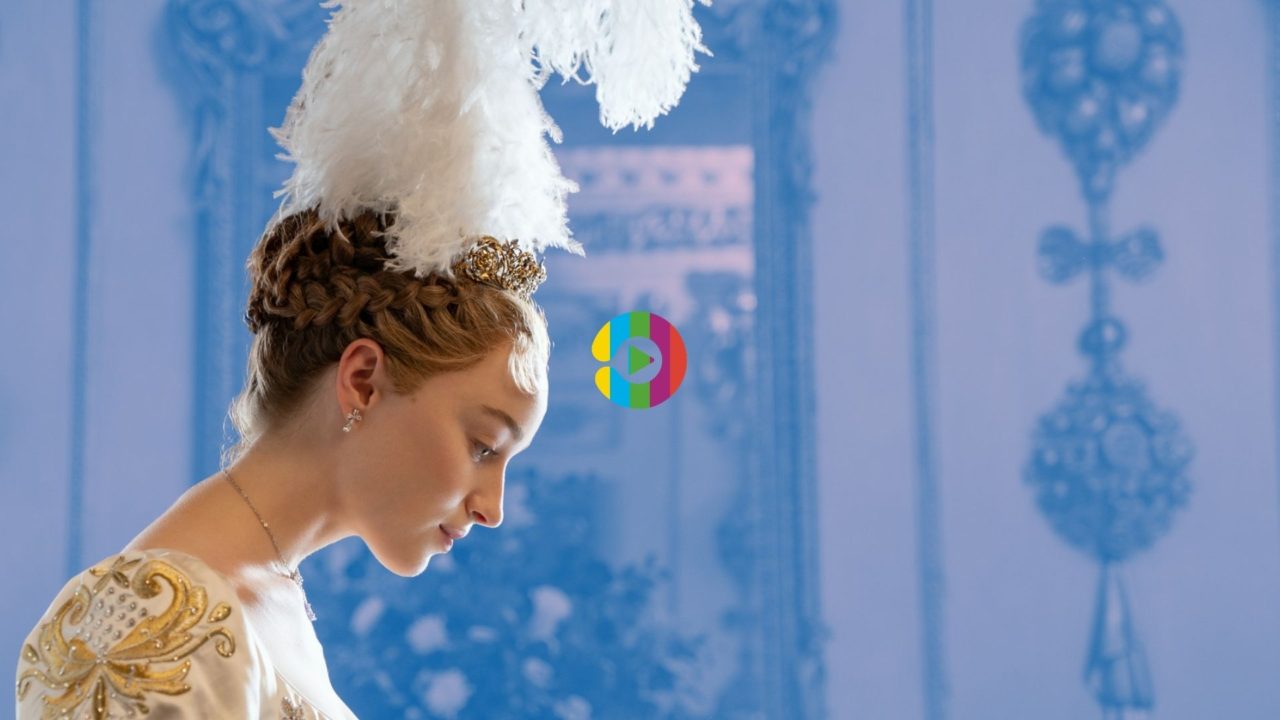
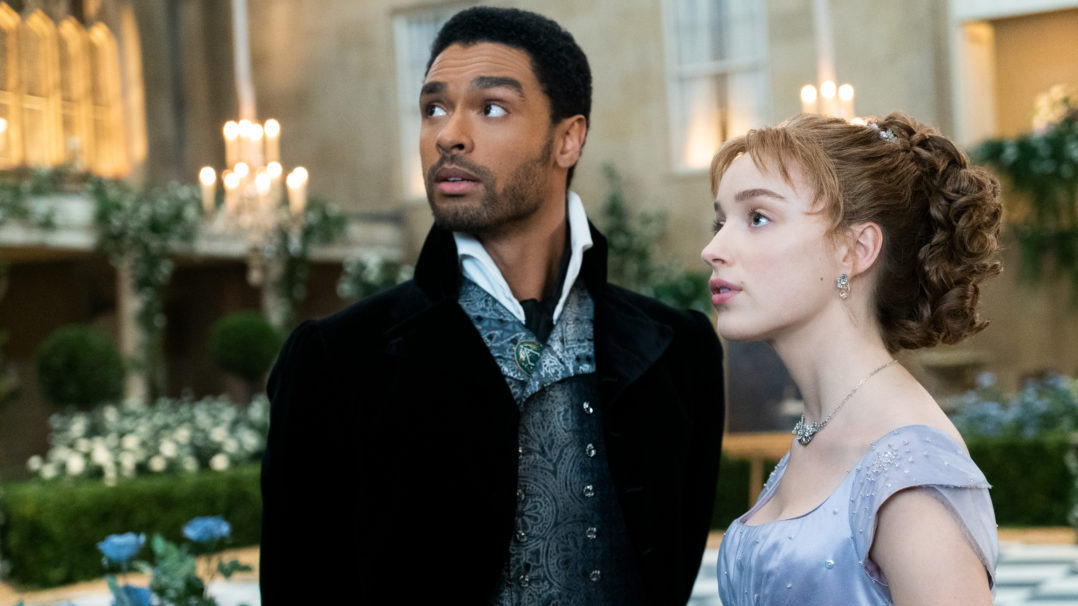



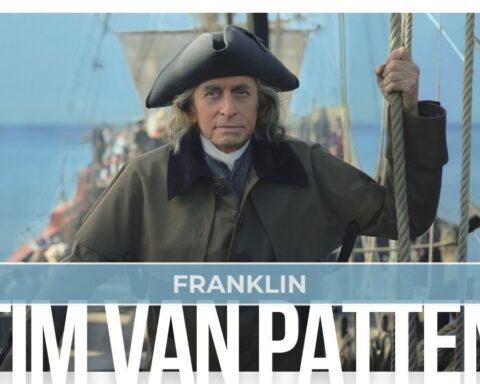
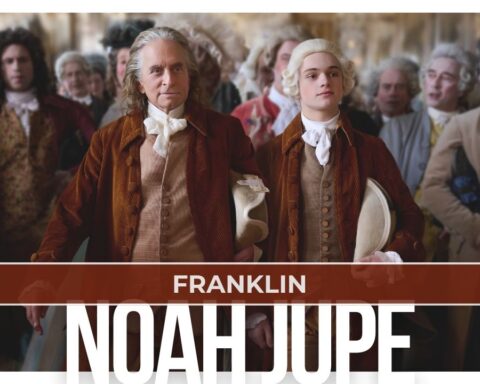
Follow Us